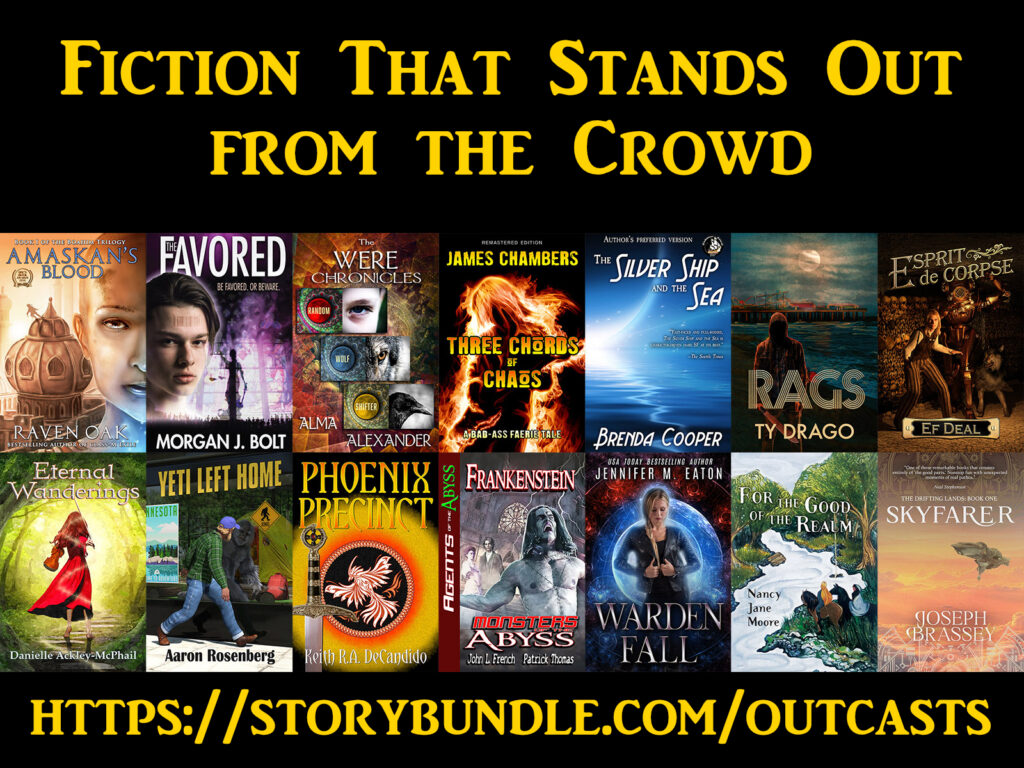I’m in the final throes of the thesis-writing. In five weeks, my thesis will be submitted for examination. This means the complete thing needs to be done by this Friday. Sounds fine? Except… this Saturday is Passover. Some friends helped me with some of the shopping and I’ve ordered everything else for delivery plus the fresh stuff at the market), but I need to have the flat clean (since I will be hosting) and the kitchen made as proper as I can. I come from a family that had special dishes for the festival, but my health makes a whole bunch of things not possible and complete kashruth is one of them. I do a best-I-can version, which is not at all suitable for anyone religious.
I do some thesis, do some Passover prep, meet another deadline, deal with the latest panic (my mouse died over the weekend, for instance and my printer is currently sulking), do some thesis, do a little work on my tax, do some of my exercises, wonder if I’ll get any sleep, worry about my mother (who has COVID, as do two of my close friends), do some thesis, do a little work on my tax, and so on until I can sleep. It will all be sorted by Sunday, and then I will quite possibly not wake up for 36 hours.
Tomorrow I have coffee with a neighbour. Normally I would ask to not do anything extra this week, because I’m already doing 18 hour days, but he’s very seriously ill and can be quite difficult even when he’s well and I cannot leave it long. So… tomorrow.
I will have to send someone a note about a Wednesday meeting. It’s with a local candidate. We have elections on 3 May, you see. I really need to talk to him and I’ve tried and tried and failed and failed and finally he comes to the Jewish Community Centre and it’s the Wednesday before my thesis has to be sent and before Passover. His timing is so bad.
He should have asked to see us last week, or left it until the week before the election. The timing suggests that he really doesn’t see antisemitism (or us, as the local Jewish community) as a high priority. Also, his office gave me the run around when I offered to talk to someone about why things are the way they are at the moment – and this is part of my academic expertise and I can be really useful… The staff of two politicians have given me the run around. I so miss my previous self, who was asked about things! Anyhow, I’ve decided not to offer my knowledge and understanding to politicians any more. I’d rather meet my deadlines and enjoy cooking for Passover.
Other people are asking me about things, which is a bit of a relief. My big insight for today is that it’s actually very easy to identify who is marching for hate and who is marching with hope that they can improve the wrongs of the world. It’s not what side people take (the good side of history that so many people claim right now… not actually how most of the world operates).
The way people march tells us so much. Look at the body language and listen to the slogans. Do the slogans provide methods to effect change, or are they declamations that lead nowhere. Does the group prevent others from passing, or block access to anywhere? How angry are the people, and what reasons do the slogans give for any anger? Do marchers stop and talk and listen, or do they simply shout, or do they accuse strangers of… almost anything. Telling strangers who the strangers are and shouting in their face is the issue here: actual change agents talk and listen, because change happens when people can see they’re a potential part of solutions. Those marches that breathe fire and brimstone and don’t take a moment to stop being angry, those marches where (as happened this week) a group surround a single stranger and bullies them – they’re the marching equivalent of Nazis in the 1930s. This doesn’t mean their cause is terrible: it means that these particular people are bullies.
Look at how people march and what specific goals they aim to achieve with the march, and whether not even a small part of those marching bully anyone watching or anyone trying to get past and you get a good notion of whether they really care about others… or whether they are informed by hate. If you don’t want to carry that hate with you, you need a way of winding down.
My way is often thinking about food. I have learned a whole new bread-making method in the last few weeks, entirely to handle the antisemitic hate I encounter. This week is not about that bread, however: now that I’ve sorted out how I will obtain all the things for cooking, I have most of a menu for Saturday night.
We begin, of course, with the ritual things. I have horseradish (it cost an arm and a leg, but I have some – it’s simply not in season in autumn) and matzah. I will serve the matzah with charoseth. My father’s charoseth recipe is wonderful: apples and almonds and sweet wine made from Concord grapes and enormous amounts of cinnamon.
After the charoseth, there will be the traditional eggs and potatoes, to be dipped in salt water. I have organic free range hen’s eggs from my local egg farmer ($25 for 60 large eggs, for those tracking the prices of eggs), and also a little packet of quail eggs. There will be no chopped liver – I have the ingredients (the liver is in the freezer) but intend to eat it on Friday week.
After that, of course, chicken soup with kneidlach (matzah dumplings) both of which I make according to old family recipes. The main course is roast chicken (with lemon and garlic) and vegetables. The roasted vegetables will be potato and lotus root. I haven’t decided all the side dishes yet, but there are two types of pickled cucumber, and the same kind of ancient olives that grew near Jerusalem around the time the Temple fell. There is a story behind why these olives grow in Australia, and that story has family connections.
I was going to make cakes (an orange-almond one and a choc-nut one) for dessert, but I think we’re skipping dessert and going straight to afters. The Passover meal I grew up with is far, far too large for modern Australia. A friend found me chocolate macaroons and I have dark chocolate, and the best organic dried muscatels from a local farm. I will have fresh figs with this, and maybe some other autumn fruit. I may make one of the cakes during the week… or I may not.
Tomorrow, to give me time away from my computer on such a busy day, I shall make bagels. That’s the last of the flour and yeast. Tomorrow lunch is the last of the rice and the last of the nori. Step by step I sort my world, and then I cook the big dinner on Saturday.
II live such a simple, slow life.


